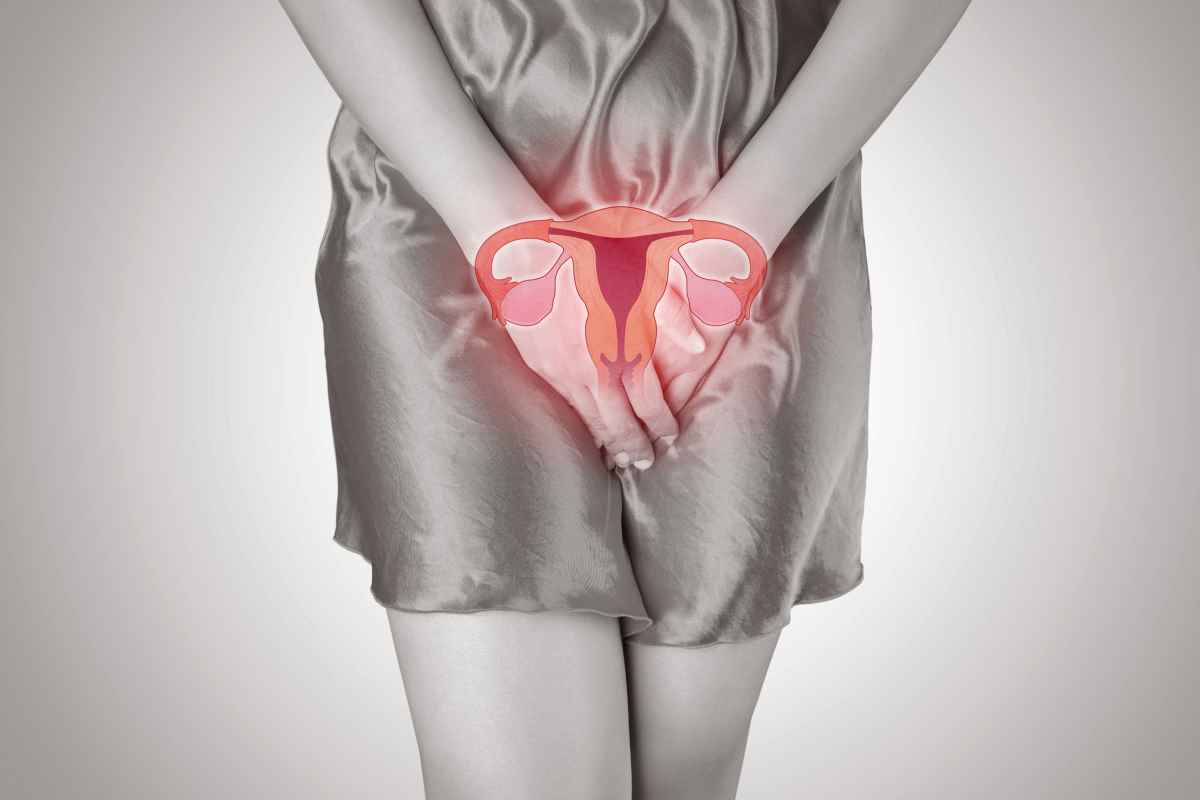Pelvic Health Physiotherapy
Pelvic floor dysfunction is common, but not normal. Thankfully, there are many treatment options available for both men and women. If you feel as though you are experiencing a pelvic floor related dysfunction, please do not suffer in silence. Our pelvic health physiotherapists are
here to help!
What is the Pelvic Floor?
The pelvic floor is a group of muscles that line the base of the pelvis.
In both men and women, these muscles act as a sling to support the pelvic floor organs (bowel and bladder in men, and bowel, bladder, and uterus in women). The pelvic floor muscles are also responsible for the maintenance of fecal and urinary continence, appropriate sexual function, and the stabilization of the spine and pelvic joints. They also act as the base to the group of muscles referred to as the core, and work with your diaphragm (breathing muscle) to control pressure within the abdomen.
If you have any questions regarding pelvic health, be sure to check out Frequently Asked Questions (FAQ) regarding pelvic health, which you can find here:

What is Pelvic Health Physiotherapy (aka Pelvic Floor Physiotherapy)?
The aim of pelvic floor physical therapy is to optimize the mobility and function of the pelvic floor muscles, organs, nerves, connective tissue, and joints in relation to the rest of the body and your personal goals.
Pelvic floor physiotherapists complete special post-graduate training to assess the pelvic floor muscles internally via the use of a vaginal and/or rectal examination. Internal pelvic floor assessments and treatments are considered the gold standard when addressing pelvic floor
dysfunctions, but the choice is always yours! As the patient, you are the boss. Your pelvic floor physiotherapist will ensure that you are comfortable and agree to all aspects of the appointment.
Contact our helpful reception staff today to book your appointment.
Treating the Pelvic Floor
We use a combination of individualized treatment techniques to address your concerns and goals. These may include:
Manual intervention
Manual, hands on therapy through the joints, muscles, and connective tissues of the pelvic floor and areas that influence and relate to the pelvic floor
Functional dry needling
Bracing or therapeutic taping
Home exercise programs
Education
Biofeedback training
What is a Pelvic Floor Dysfunction?
If we lose the ability to appropriately and correctly contract or relax the pelvic floor muscles, dysfunction can occur.
Our pelvic health physiotherapists have years of experience working with conditions that affect the bowel, bladder, sexual, and lumbo-pelvic health in women, men, transgender, and gender diverse individuals. Frequently treated conditions include:
Pain: Coccydynia and non-descript tailbone pain, pelvic girdle pain, sacroiliac joint pain, low back pain, round ligament pain, pubic bone pain, pudendal neuralgia, sciatica.
Bowel/ Bladder Function: Urinary incontinence (stress, urge, mixed), urinary frequency and/or urgency, fecal incontinence, constipation, post-prostatectomy related urinary incontinence, painful bladder syndrome, overactive bladder, interstitial cystitis.
Sexual Health and Reproductive Organ Function: Chronic recurring urinary tract infections,erectile dysfunction, pain associated with intercourse or vaginal penetration (dyspareunia,vaginismus, vulvodynia, vestibulodynia), persistent genital arousal disorder, endometriosis
related symptoms, prostatitis, genitourinary syndrome of menopause, rehabilitation for gynecological cancer survivors, rehabilitation following gender affirmation surgery, pelvic organ prolapse.
Peri-Natal Period: Prenatal health, preparation for labour and delivery, incontinence, constipation, diastasis rectus abdominis (“abdominal separation”), sacroiliac joint and low back pain, pubic bone pain, tailbone pain, rehabilitation of caesarean and episiotomy scars, pain with
intercourse, tendonitis, carpal tunnel, education regarding safe return to activity and sport post-partum.
Contact our helpful reception staff today to book your appointment.
